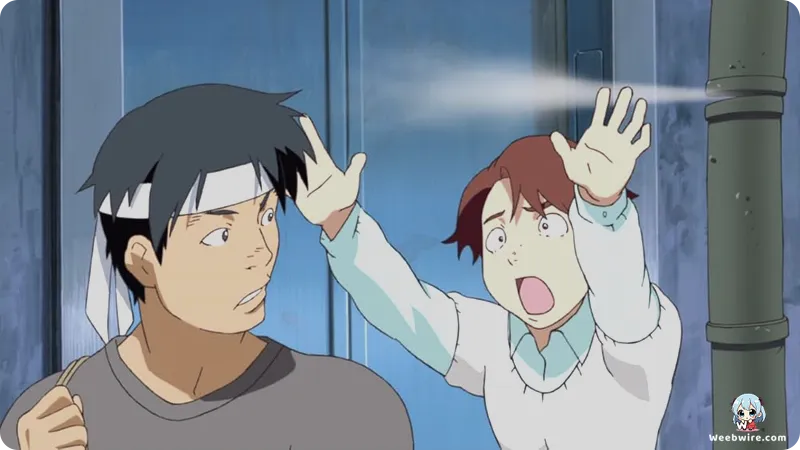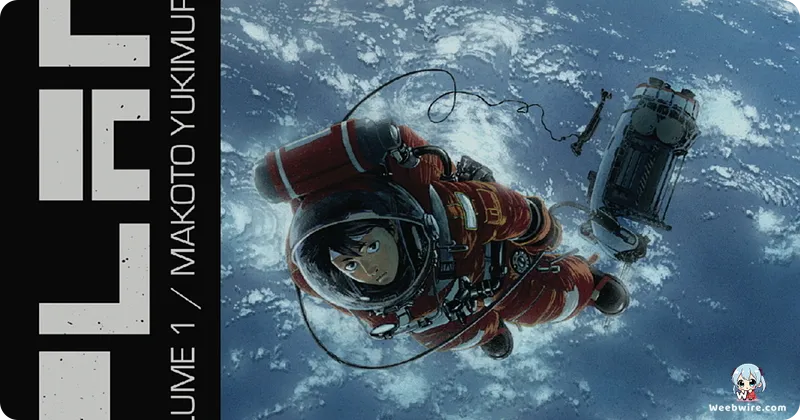Planetes: The Unsung Sci-Fi Masterpiece Redefining Space Realism in Anime

In the vast universe of anime, where fantastical journeys often dominate, one series stands out for its grounded, breathtaking realism: Planetes. This 2003 masterpiece from the renowned Sunrise studio is more than just a space epic; it is a profound exploration into the very real, yet frequently overlooked, challenges of space exploration. Set in 2075, it focuses on the crucial, albeit unglamorous, task of collecting space debris. Planetes offers a wealth of fascinating insights, elevating it far beyond a typical space adventure.
Uncompromising Scientific Accuracy
What truly distinguishes Planetes is its unwavering commitment to scientific accuracy. While many science fiction narratives often bend the rules of physics for dramatic effect, Planetes meticulously adheres to them. This provides viewers with an unparalleled look into the harsh realities of orbital mechanics. The series bravely addresses the looming threat of 'Kessler Syndrome' a catastrophic chain reaction of collisions caused by space junk. This real-world concern gives the Debris Section, where protagonists Hachirota 'Hachimaki' Hoshino and Ai Tanabe diligently work, an urgent, existential purpose.
Viewers are immersed in authentic portrayals of zero-gravity environments, the dangers of radiation, and the chilling silence of the vacuum. All these elements were meticulously researched by original manga author Makoto Yukimura. Yukimura's dedication to veracity is legendary. His extensive consultations with experts at JAXA (Japan Aerospace Exploration Agency) and visits to NASA facilities underscore the anime's educational depth. This meticulous research translates into details rarely seen in fiction, such as the deliberate absence of sound in space, except for internal suit communications. This offers a stark, powerful contrast to common cinematic conventions.

A Deeply Human Story Amidst the Stars
Beyond its scientific rigor, Planetes is a deeply human story. Its characters are not archetypal heroes but relatable individuals grappling with the profound psychological and emotional tolls of life beyond Earth. Hachirota’s burning ambition to own his own spaceship is balanced by the mundane realities of his job and the vast existential questions posed by the cosmos. His journey from a detached worker to someone profoundly connected to his crew and humanity’s future forms the narrative's emotional core. Ai Tanabe, with her unwavering idealism and belief in universal love, challenges the pragmatic sensibilities of her colleagues, encouraging them to find deeper meaning in their cosmic endeavors.
The Debris Section serves as a microcosm of humanity, featuring compelling personalities such as the pragmatic, chain-smoking pilot Fee Carmichael and the contemplative Yuri Mihairokov. Yuri’s poignant quest to recover his deceased wife's pendant adds a spiritual dimension to the scientific backdrop. Their intertwined stories explore themes of humanity’s expansion into space, the ethics of commercializing the cosmos, and the delicate balance between personal dreams and collective responsibility.
Animation Excellence and Enduring Legacy
Helmed by Sunrise, the studio behind iconic series like Gundam and Cowboy Bebop, Planetes showcased cutting-edge animation for its time in 2003. It blended expressive hand-drawn characters with sophisticated CGI for spacecraft and celestial vistas. Director Gorō Taniguchi, later known for Code Geass, expertly maintained the manga's thoughtful pacing and philosophical depth, creating an immersive and visually stunning experience.
While perhaps not a blockbuster, Planetes earned immense critical acclaim. It was lauded for its intelligence, mature storytelling, and groundbreaking approach to science fiction. Its enduring legacy is a testament to the power of thoughtful world-building and character development, proving that compelling narratives can emerge from the quiet, often overlooked corners of a futuristic world. It makes the mundane profound and the vastness of space intimately human.
Credits
Planetes
Author
Makoto Yukimura
Cover Art
Makoto Yukimura
Studio
Sunrise
Publisher
Kodansha
Producers





